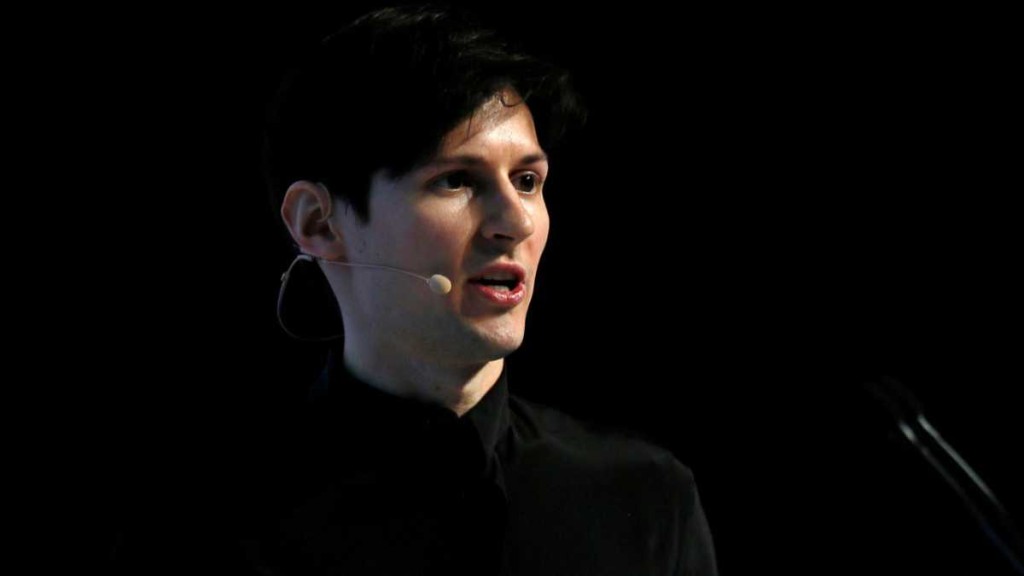Pavel Durov, the 39-year-old CEO of Telegram, finds himself in legal trouble once again, but this time the stakes are higher. A French court recently charged Durov with complicity in the spread of child abuse images and other violations linked to the platform he founded. This marks a significant moment for a man who has long positioned himself as a champion of free speech and a critic of government censorship.
Since launching Telegram in 2013, Durov has maintained a hands-off approach to content moderation, often touting the app as a sanctuary from governmental control. However, this philosophy has invited global scrutiny, as critics argue that his platform has become a breeding ground for criminal activity, extremism, and even terrorism.
Legal Troubles in Paris
Durov, a tech billionaire, managed to avoid jail for now, paying a €5m (£4.2m) bail. However, his movements are restricted as he had to surrender his French, Russian, and Saint Kitts and Nevis passports. This is a rare blow for a man known for his nomadic lifestyle, frequently travelling around the world without staying in one place for long.
Born in 1984 in the Soviet Union, Durov’s rebellious streak emerged early. He reportedly hacked his school’s computer system, displaying a picture of his teacher with the caption “Must die,” a stunt that earned him a temporary ban from the computer lab.
His first taste of entrepreneurial success came with the founding of VKontakte, Russia’s version of Facebook. The social network quickly became the top platform in Russia and across many post-Soviet nations, providing a space for free expression. Durov resisted efforts from the Kremlin to censor content and hand over data, eventually losing control of VKontakte to investors with ties to the Russian government.
Telegram’s Global Impact
After leaving Russia in 2014, Durov shifted his focus to Telegram. What started as a secure communication tool has now grown into a platform with nearly a billion users. Telegram’s “channels” allow users to share content with vast audiences, and its privacy features have made it popular among activists, journalists, and anti-authoritarian groups. It played a crucial role in movements across Iran, Belarus, and Russia.
However, Telegram’s promise of free speech has also attracted less savoury elements, including extremists, conspiracy theorists, and criminal organisations. Despite this, Durov’s biographer, Nikolai Kononov, suggests that Durov thrives on challenges and will likely use his current legal battles to enhance his image as a free speech martyr.
Durov’s Arrest: A Turning Point?
Durov’s arrest in Paris, which came shortly after meeting with French President Emmanuel Macron, has raised eyebrows. Some believe Durov travelled to France to address his legal issues, while others speculate he didn’t expect such serious charges. Regardless, many observers expect Durov to frame the arrest as another battle in his fight against censorship and authoritarianism.
“He’s always come out stronger after facing adversity,” said Kononov, a journalist who has extensively covered Durov’s career. As Durov continues to navigate these legal challenges, it remains to be seen whether this episode will ultimately solidify his reputation as a champion of free speech or expose the darker side of his platform’s influence.


